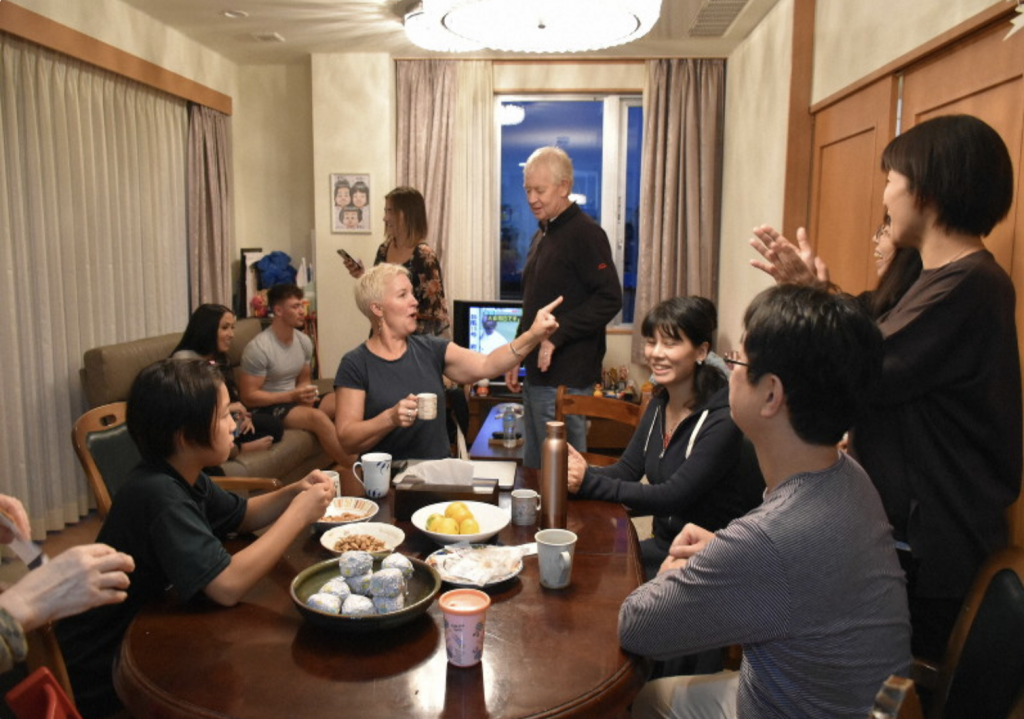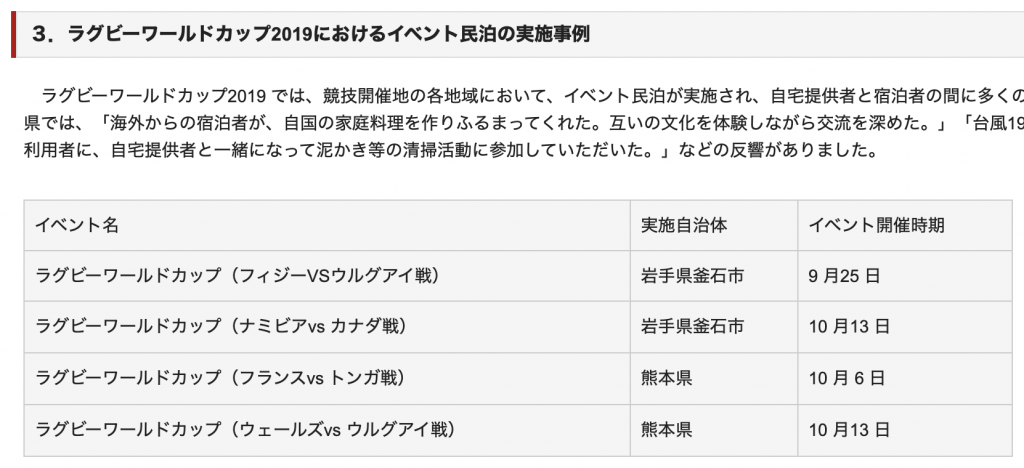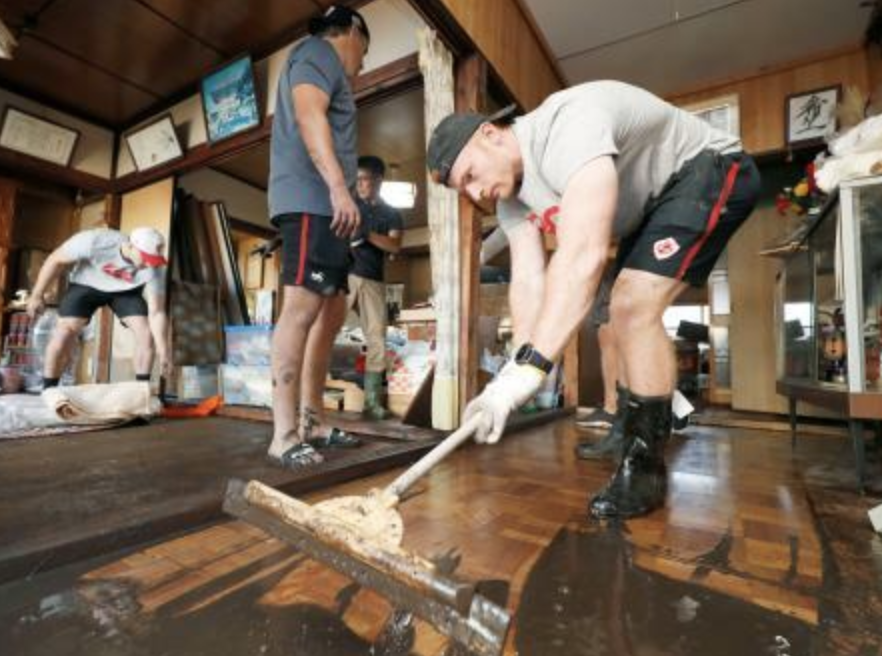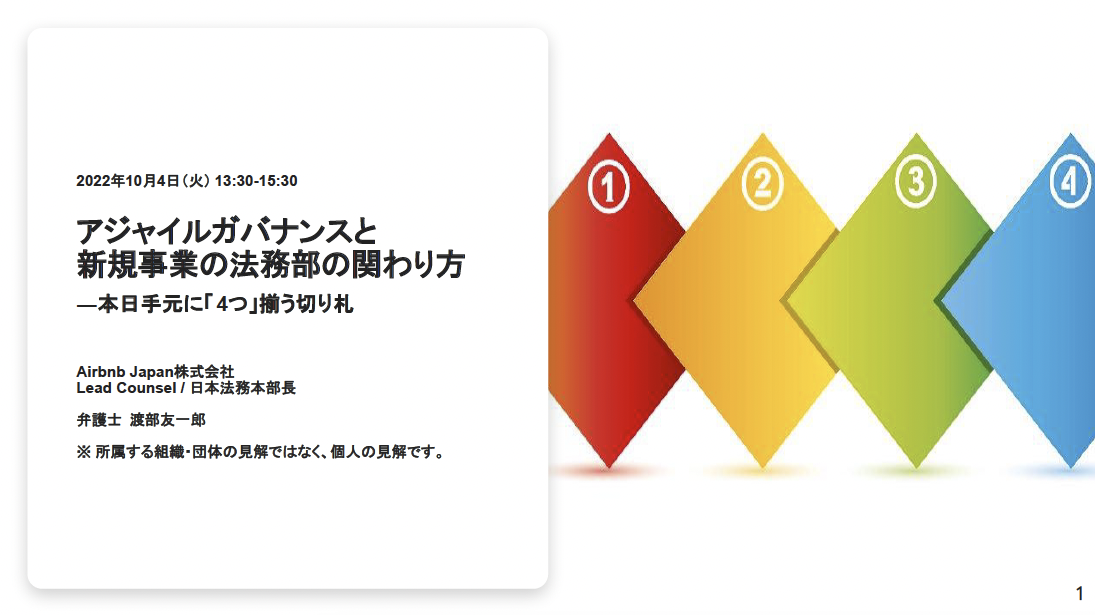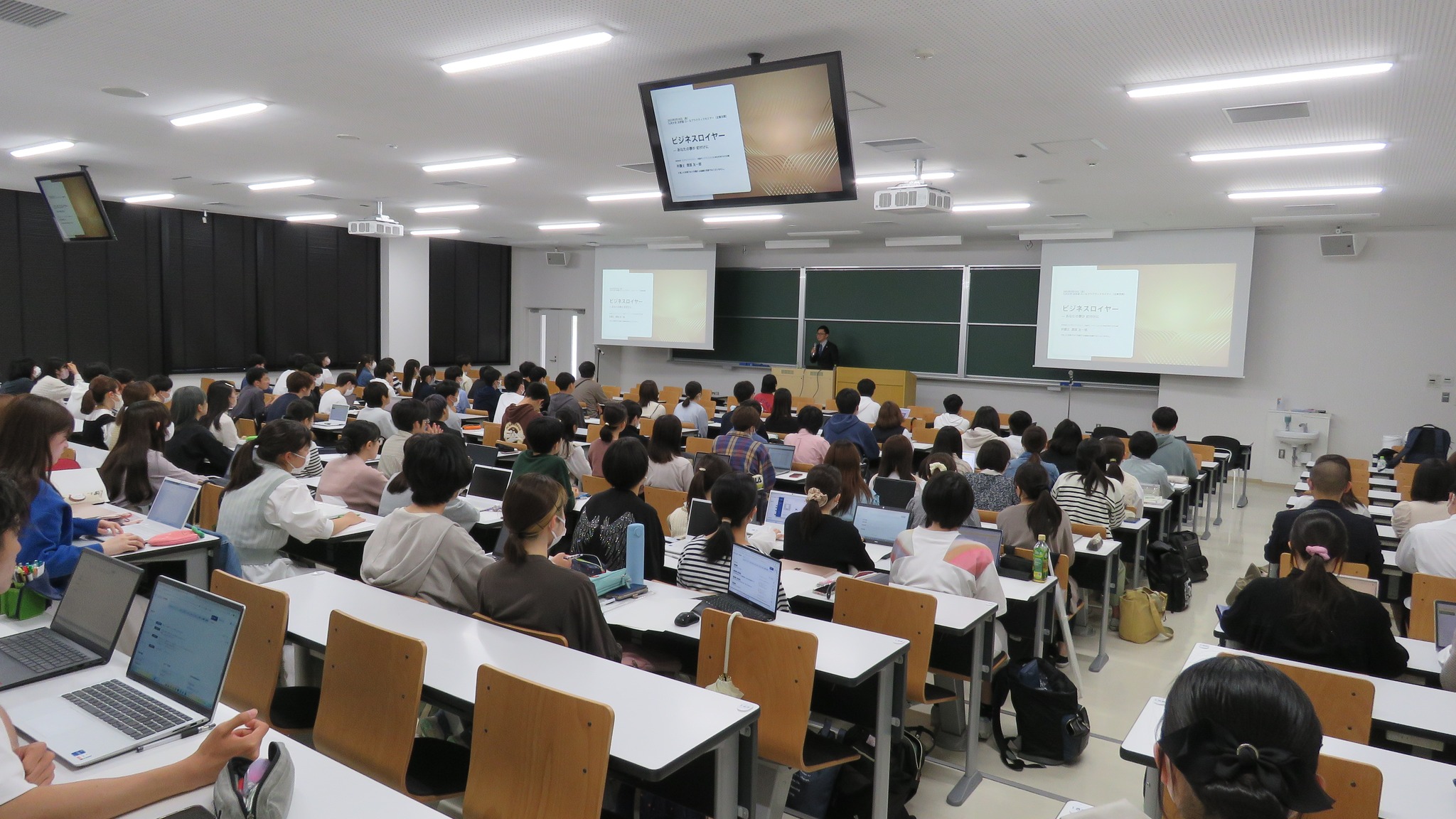(*) personal view only / off the job
クリック頂ける目次
Key Take-away of this article: New Guideline Relaxed One of the Exemption Requirement
[Tokyo/Japan] On 25 December 2019, the Japanese Tourism Agency (the “JTA“) announced that they decided to revise the guideline with regard to short-term rental exemption. The JTA relaxed the existing rules for a certain type of short-term rental called “event home-stay” where a legal hosting is permitted without a Hotel Business License in Japan. (Source: the JTA’s official website here).The JTA’s press release shows its great appetite to promote home-sharing (home-stay) for Tokyo 2020 Olympic Games.
From a legal point of view, previously, the guideline restricted a local government from issuing “event home-stay” permission within areas of its prefecture/city when accommodation supplies would be expected to be in shortage. The new guideline allows, in lieu of “shortage requirement”, a local government to call its citizens to apply for event home-stay when “ホームステイでの宿泊体験を通して、地域の人々と旅行者の交流を創出する” (event home-stay will create interactions between local people and travelers through local homestay experience) (“Local People Interactions Requirement“).
Basic Legal Overview of “Event Home-stay Exemption”
1. What is “Event Home-stay Exemption”?
1-1. Under the Japanese law, legal short-term rental requires either: a hotel business license under the Japanese Hotels Business Act (Act No. 138 of 1948, as amended); a notification under the Japanese Private Lodging Act (Act No. 65 of 2017, as amended); or a permission under the Japanese Act on National Strategic Special Zones (Act No. 107 of 2013, as amended).
1-2. “Event Home-stay Exemption” (as known as “Event-minapku/イベント民泊“) is not a statutory exemption expressly stated in the law. It is government’s official interpretation by curving out a certain type of short-term rental from “Hotel Business” definition pursuant to Section 1, Article 2 of the Japanese Hotel Business Act. In short, given that “Hotel Business” requires “continuity” in nature, if hosting is limited to a few nights & one-time off i.e. incidental to a special event such as a big sport event or a local festival, such hosting would be lacking “continuity” thus not falling under the definition of “Hotel Business”.
2. Relaxing Exemption Requirement
2-1: As mentioned above, previously, the guideline restricted a local government from issuing “event home-stay” permission only when satisfying the “shortage requirement”. Note that, there are other several requirements in the guideline, however, among other things, it was learned that this requirement made local governments to become a bit conservative since it wouldn’t be always easy to be 100% confident to satisfy this requirement from a local government point of view (to seek fully compliant with the national government guideline).
2-2: Now that, with this revision, a local government may trigger “event home-stay” when they see “event home-stay” will create interactions between local people and travelers through local homestay experience.
2-3: Analysis / Implications (personal view only*): This Local People Interactions Requirement would practically and (legally) theoretically unlock further event home-stay for moving forward, esp. for Tokyo 2020 Olympic Games.
3. Airbnb’s Local Accomplishments at Rugby World Cup 2019 are Referred as Good Successful Examples of Event Home-stay
3-1: Rugby World Cup 2019 Airbnb-supported Use Cases
Lastly, how/why this revision happened in Japan? How this rule design change happened?
The JTA’s press release (Section 3) indicates behind stories in 2019. As Airbnb officially announced (local official press release 1, 2, 3 and 4), Airbnb partnered with Kumamoto Pref., Kamaishi and other Rugby World Cut host cities in 2019. The JTA referred these Airbnb-supported collaborative “event home-stay” use cases.

3-2: Local Hosts’ Positive Experiences/Voices Moved the Governments
Finally, ended up this article by referring the JTA’s press release highlighting the local hosts’ interactions experiences. (note: unofficial translations by the author, not warranting super accurate translation)
At the Rugby World Cup 2019, event home-stay was held in each region of the game venues, creating a lot of interaction between local hosts of event home-stay and guests (travelers).
For example, in Kamaishi City, Iwate Pref. and Kumamoto Pref., we learned local hosts saying “Our family (i.e. hosts) exchanged cultures each others with foreign guests. We experienced overseas culture because foreign guests staying in my house cooked and served their local dishes”, the other local people saying “guests kindly participated in volunteer activities for cleaning up the town hit and seriously damaged by the big typhoon.”
Section 3 of the JTA’s Official Announcement
Accessible Materials
- The JTA’s official press release (unfortunately Japanese language only)
- Event Home-stay Guideline (Revised as of 25 Dec 2019)
(了)
※Important※ This article is my personal view only // 記事に関しては個人の見解であり、所属する組織・団体の見解でありません。なお、誤植、ご意見やご質問などがございましたらお知らせいただければ幸甚です(メールフォーム)。

